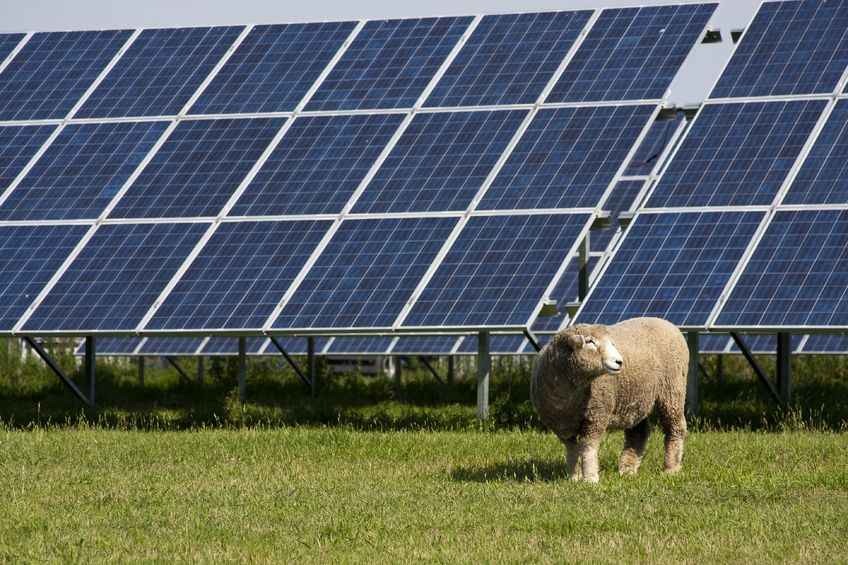
A large proportion of solar photovoltaic (PV) panels are under-performing financially, farmers and landowners have been warned.
Solar PV, a technology that converts sunlight into direct current electricity by using semiconductors, may be under-performing for a variety of reasons, but some include physical faults, incorrect metering or tariff agreements.
Inspectors at energy consultancy Roadnight Taylor said they were 'shocked' by the proportion of solar panels that are generating less revenue or carrying more costs than they should.
Chief executive, Hugh Taylor said: “We haven’t done a single review yet where we have not found some low-hanging fruit and earned our clients far quicker paybacks than they would normally seek.”
A typical payback period for fixing under-performance in existing PV schemes is one to three years, compared to six or more years for investment in new schemes.
“Often, the company that installed the system originally is paid to come back and carry out an annual inspection,” explained Mr Taylor.
“But if they installed it incorrectly to start with, they are unlikely to have the expertise to fix it – and there is no incentive for them to highlight their mistakes. Landowners are paying installers to mark their own homework, again and again.”
Under-performance
In one case, a landowner was paying over £1,000 for the installer to check their solar panel each year, but it was discovered the scheme had been under-performing by thousands of pounds for each of the four years since its installation.
In other cases, schemes develop issues over time. One landowner had a solar panel which wasn't working at all - something of which he was unaware of.
As well as physical faults, other reasons for financial under-performance include uncompetitive tariffs, inappropriate metering and monitoring, and unsuitable insurance.
Mr Taylor added: “Often solar insurance will have been invalidated for one reason or another – or it could be inappropriately expensive. So it’s always worth having an independent expert check this at the same time.”
In addition, some panels will be subject to business rates, unbeknown to the landowner. Mr Taylor said: “There are 20,000 rateable installations that the Valuation Office Agency hasn’t caught up with yet. This means there are a lot of solar schemes that are accruing a liability, which could add up to a hefty bill.”
